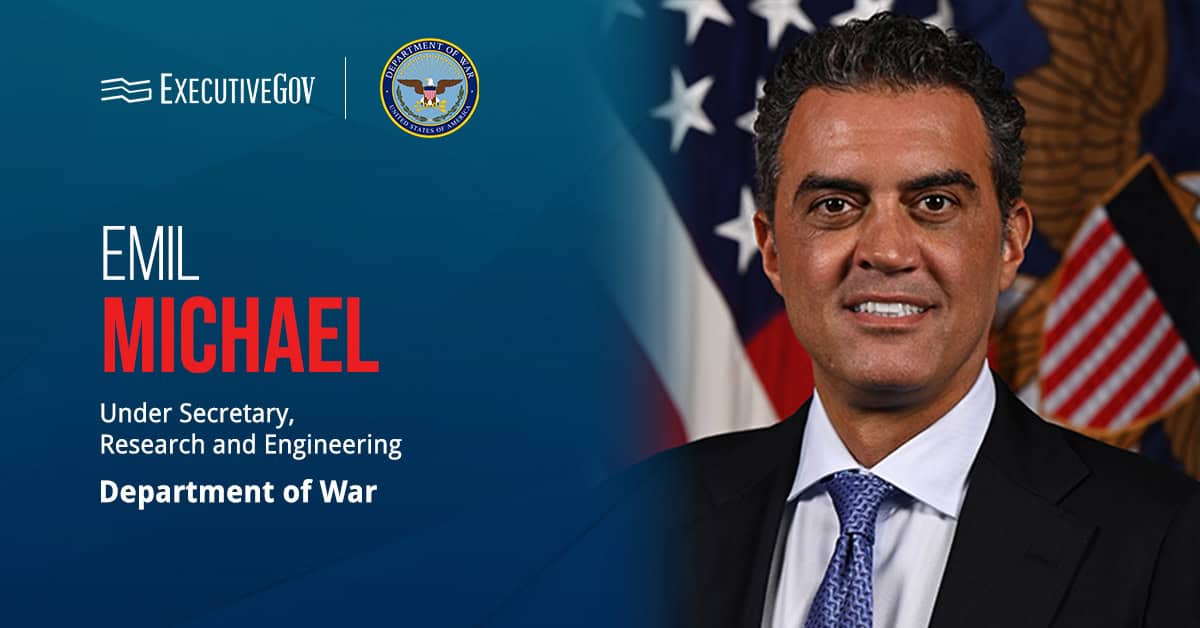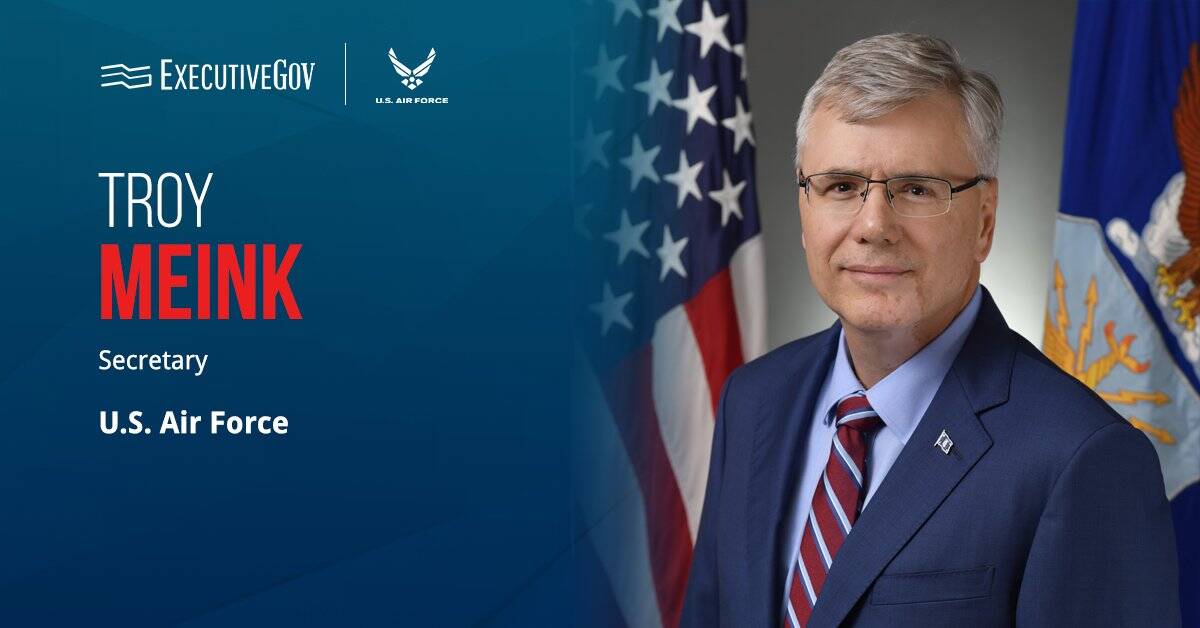
The Government Accountability Office made two recommendations to the Census Bureau to mitigate potential risks and boost the census process. GAO said Tuesday that the secretary of the Department of Commerce should advise the director of the Census Bureau to command the chief information officer to ensure that corrective actions for cybersecurity gaps will be applied and draft a procedure for the execution and monitoring of remedial activities.Â
The recommendations are in line with the Census Bureau’s plans to utilize technologies that still need to undergo testing efforts. GAO also noted that the bureau faces potential cybersecurity risks and concerns in the usage of information technology tools. GAO added that the bureau has partnered with the Department of Homeland Security to reinforce its cybersecurity measures for the 2020 Census.





